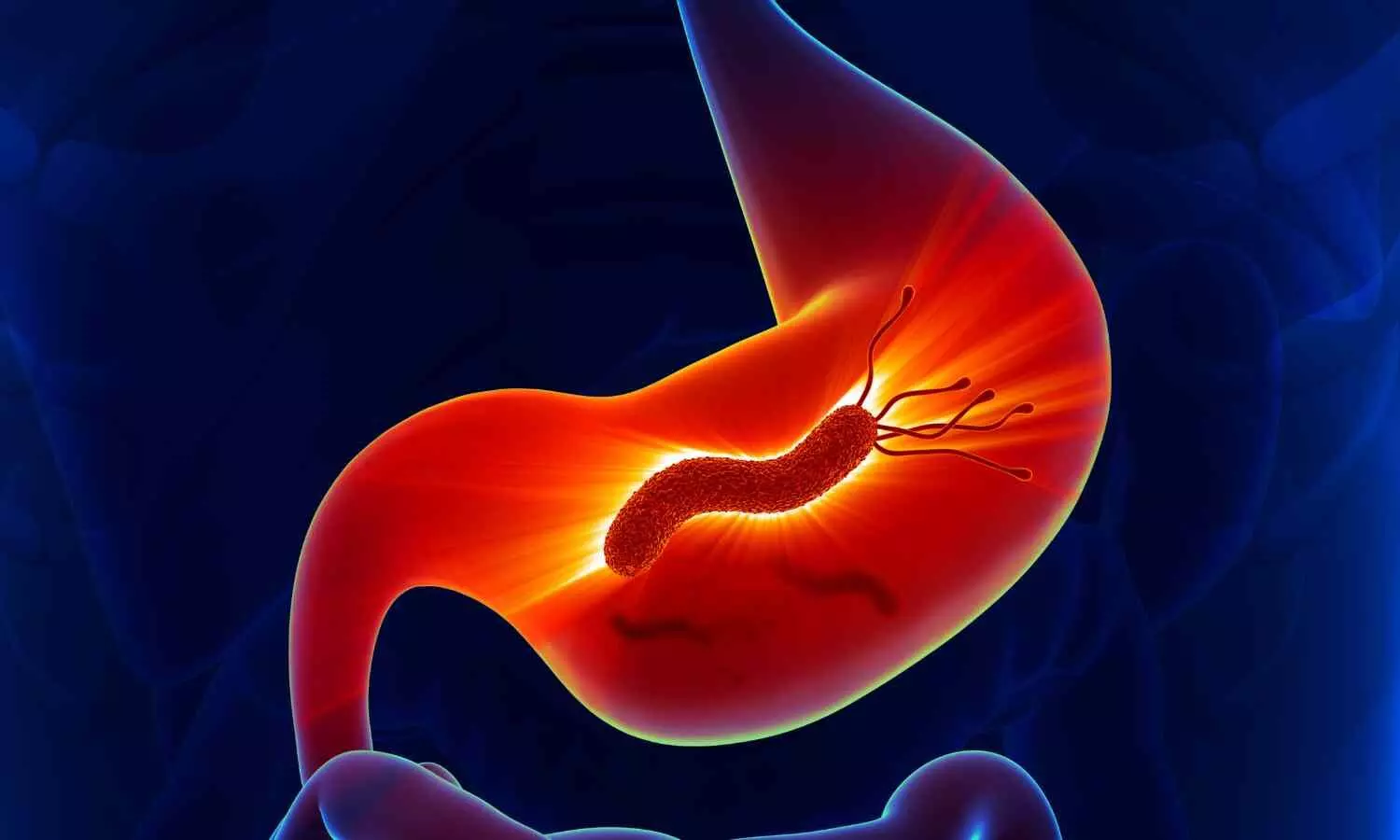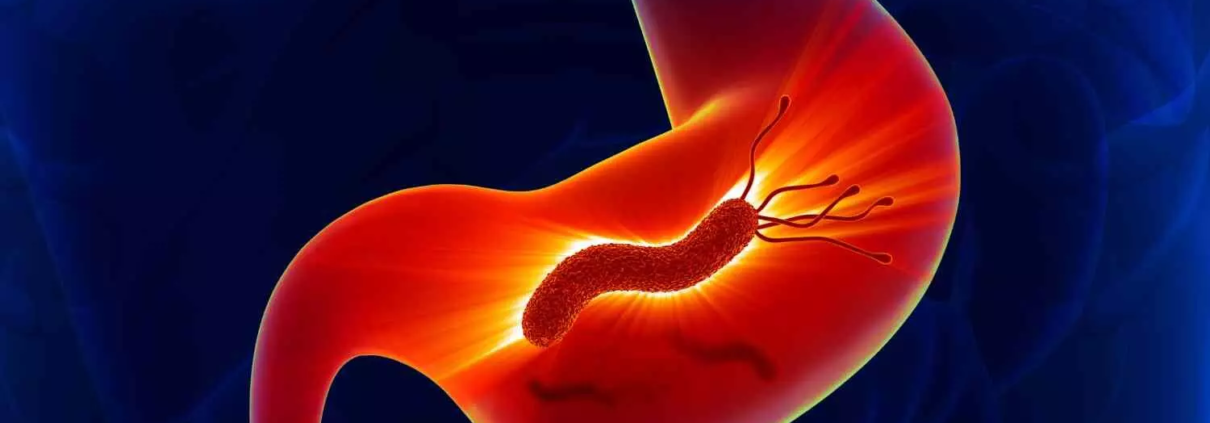Probiotics Pretreatment Boosts H. pylori Eradication Rates and Cuts Side Effects, Meta-Analysis Finds

China: A systematic review and meta-analysis published in Annals of Medicine has found that administering probiotics before Helicobacter pylori (H. pylori) eradication therapy can significantly improve treatment success rates while minimizing adverse effects. The research, led by Shiyu Xiao and colleagues from the Department of Gastroenterology at Sichuan Provincial People’s Hospital, University of Electronic Science and Technology of China, provides moderate to high-quality evidence supporting the use of probiotic pretreatment as an adjunct to standard H. pylori therapy.
H. pylori infection remains one of the most common chronic bacterial infections worldwide and is a major contributor to gastritis, peptic ulcer disease, and gastric cancer. While conventional eradication regimens are effective, treatment failure due to antibiotic resistance and gastrointestinal side effects remains a concern. Probiotics, known to inhibit H. pylori growth and modulate the gut microbiome, have been explored as a potential strategy to enhance eradication outcomes and reduce treatment-related discomfort.
The researchers performed a comprehensive analysis of 12 randomized controlled trials encompassing 2,144 participants to determine whether probiotics used before H. pylori eradication could improve clinical outcomes.
The following were the key findings:
- The intention-to-treat analysis showed a higher eradication rate in the probiotics pretreatment group compared to controls (80.34% vs. 70.49%), with a relative risk (RR) of 1.14.
- Per-protocol analysis also indicated better outcomes with probiotics (86.43% vs. 76.88%; RR = 1.12).
- Patients who received probiotic pretreatment experienced fewer treatment-related side effects (16.0% vs. 28.3% in controls; RR = 0.59).
- The findings suggest that probiotics can improve both treatment efficacy and tolerability, aiding better adherence to therapy.
- The benefits of probiotics were consistent across different geographical regions, eradication regimens, and probiotic formulations.
- Pretreatment durations of 14 days or longer showed the most significant improvement in eradication rates, indicating that sufficient exposure time may be key for probiotics to impact gut microbiome and H. pylori suppression.
The findings highlight the potential of integrating gut microbiome modulation into H. pylori management strategies. “Probiotic pretreatment offers a promising approach to enhance eradication efficacy and reduce side effects, especially in the face of growing antibiotic resistance,” the authors noted.
With H. pylori treatment failures posing a global challenge, this meta-analysis provides a compelling case for incorporating probiotics as part of a comprehensive eradication protocol. The authors recommend further large-scale, well-designed clinical trials to determine optimal probiotic strains, dosing regimens, and treatment durations to maximize therapeutic benefits.
“The research paves the way for a potential paradigm shift in H. pylori therapy, emphasizing the role of probiotics not just as a supportive measure but as a proactive component of eradication strategies aimed at improving patient outcomes and addressing the limitations of current treatment protocols,” the authors concluded.
Reference:
Zhang Y, Tu M, Long P, Zheng J, Du G, Xiao S, Gao C. Efficacy of probiotics pretreatment in Helicobacter pylori eradication therapy: a systematic review and meta-analysis of clinical outcomes. Ann Med. 2025 Dec;57(1):2533431. doi: 10.1080/07853890.2025.2533431. Epub 2025 Jul 23. PMID: 40697099; PMCID: PMC12288164.



